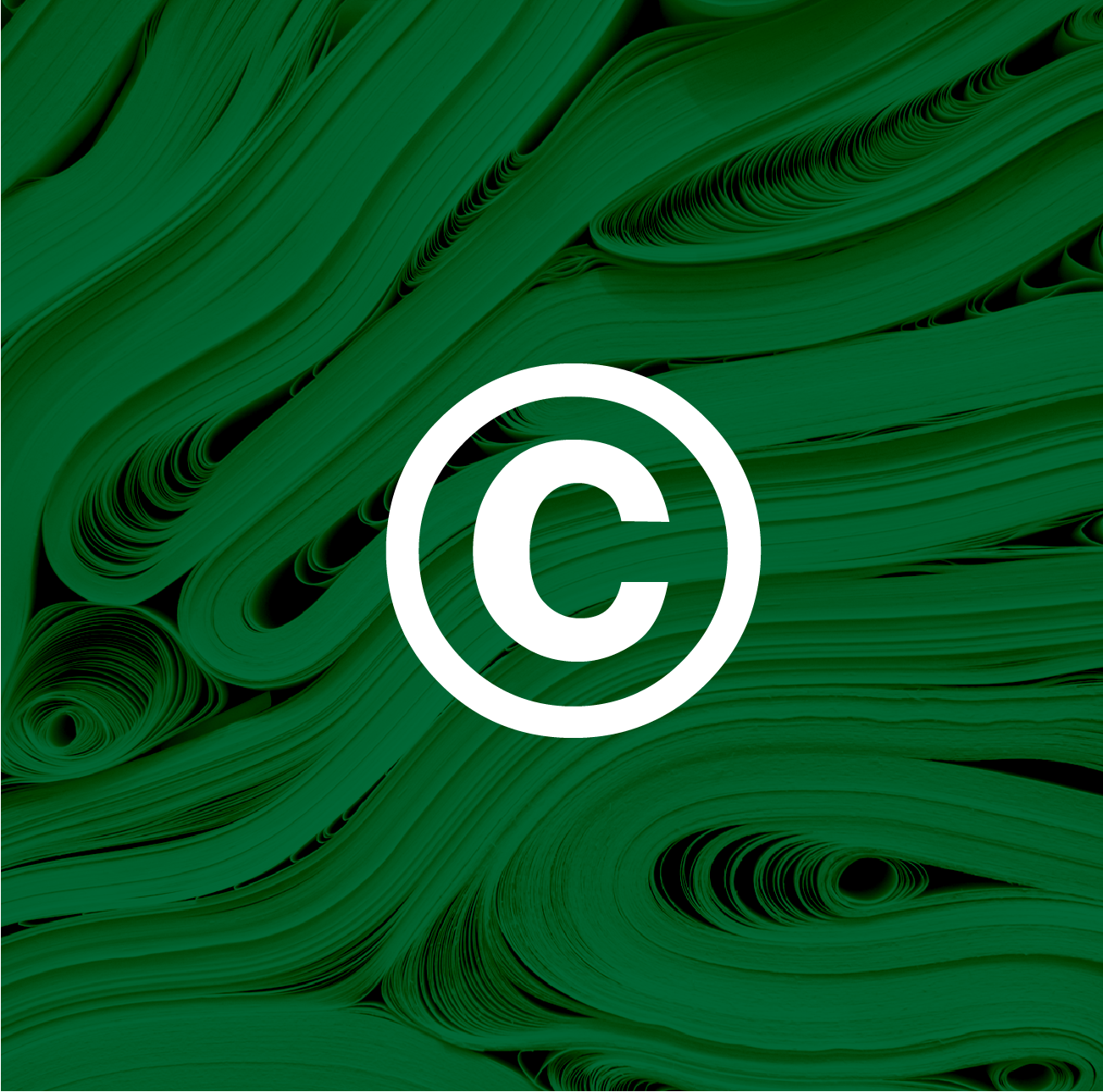What is the difference between copyright infringement and plagiarism?
A copyright holder (and we are all copyright holders) holds the exclusive rights to reproduce, transmit, perform, and modify his/her work, as well as the right to publicly perform a sound recording by digital transmission. There are exceptions to these exclusive rights that allow certain uses of copyrighted works or portions of copyrighted works without having to first obtain permission and many of these are in favor of limited nonprofit educational uses, like fair use and the performance and display section.
If none of the exceptions apply, your proposed use of someone else's copyrighted work will likely constitute copyright infringement. If you have used or quoted portions of someone else's work, copyrighted or not, and fail to give appropriate attribution, you have likely plagiarized. The concepts and actions are related but not identical. If you are unclear about what plagiarism is, please take a moment to read about it before proceeding.
Basically, there could be four scenarios:
1. Used extensive amounts (in excess of fair use) of someone's copyrighted work without permission and without qualifying for any exceptions BUT you have given appropriate attribution = You have infringed but not plagiarized.
2. Used extensive amounts (in excess of fair use) of someone's copyrighted work without permission and without qualifying for any exceptions AND you have not given any citation or attribution = You have infringed and plagiarized.
3. Your use fits within a copyright exception, like fair use, BUT you have not given and citation or attribution = You have not infringed BUT you have plagiarized.
4. Your use fits within a copyright exception, like fair use, AND you have given appropriate attribution or citation = You have not infringed AND you have not plagiarized.

